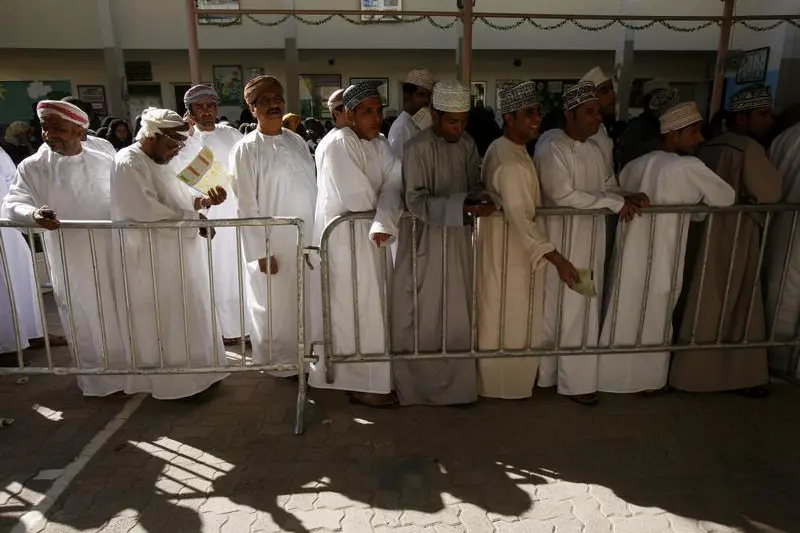PHOTO
Wednesday 07th, December 2016
The new labour law is under process with the authorities concerned, said Salim Nasser al Hadhrami, Director-General, Planning & Development, Ministry of Manpower. Speaking at a workshop on ‘Labour Market Efficiency’ on Wednesday, he said “promotion is an issue in the private sector” and that may be a reason for low productivity. The workshop, held to discuss issues such as globalisation, shifts in demographics, skills, talent, education and training, was organised by Ithraa, Oman’s inward investment and export development agency.
The discussion was moderated by broadcaster Moosa al Farei. The panelists, besides Al Hadhrami, included HH Sayyid Dr Adham Turki al Said, Assistant Professor at Sultan Qaboos University; and Dr Amer Awadh al Rawas, CEO, Tsneea Oil & Gas Technology.
Al Hadhrami said while the foreign manpower grew 9.5 per cent, that of Omanis just 1.5 per cent. “Cheap foreign labour is competing with nationals for many positions. Productivity determines wages. Let that be the standard.” He said though there are 56,000 expatriate workers in the government sector, it has become “impossible to apply Omanisation” in some service sectors. “We need this mixture (both Omanis and expats) to enrich work,” he added.
Al Rawas felt the focus was on infrastucture in the last fifth year plan. “We didn’t pay much attention to productivity fundamentals. Hence the low efficiency in the market.”
He spoke about the dependence on cheap manpower in construction, the most profitable and widespread activity in the Sultanate, which has “increased clandestine trade”. “New technology and state-of-the-art tools will help replace foreign labour with nationals and reduce the number of job-seekers,” felt Al Rawas.
Al Said said that “knowledge is not enough” for degree-holders who start their own businesses. “They must adapt themselves to the market’s variability.” While asserting that “underestimating fresh graduates with no experience may pose a problem”, he said they “need to be given a chance to prove themselves”.
It’s important to “believe in their talent and ability before importing external expertise”, he said, while suggesting in-house training to hone the skills of fresh graduates.
Al Said said SMEs account for 20 per cent of jobs. “SMEs depend on expats instead of nationals because they cannot afford the wages specified by the Ministry of Manpower.”
Azzan al Busaidi, Ithraa’s Director-General of Planning & Studies, said: “People and their participation in the workforce are at the heart of our economy. It’s imperative we build the skilled labour that Oman needs to succeed in today’s highly competitive global marketplace.” “Equipping Oman’s workforce with the skills required for the jobs of today and tomorrow is a strategic concern. A major challenge is how our education and training systems respond to meet these challenges.” A second Ithraa workshop scheduled for December 13 will focus on government services. According to Al Busaidi, these services are key to helping Oman’s business community deliver new products and services as well as expand both at home and abroad.
© Oman Daily Observer 2016





















